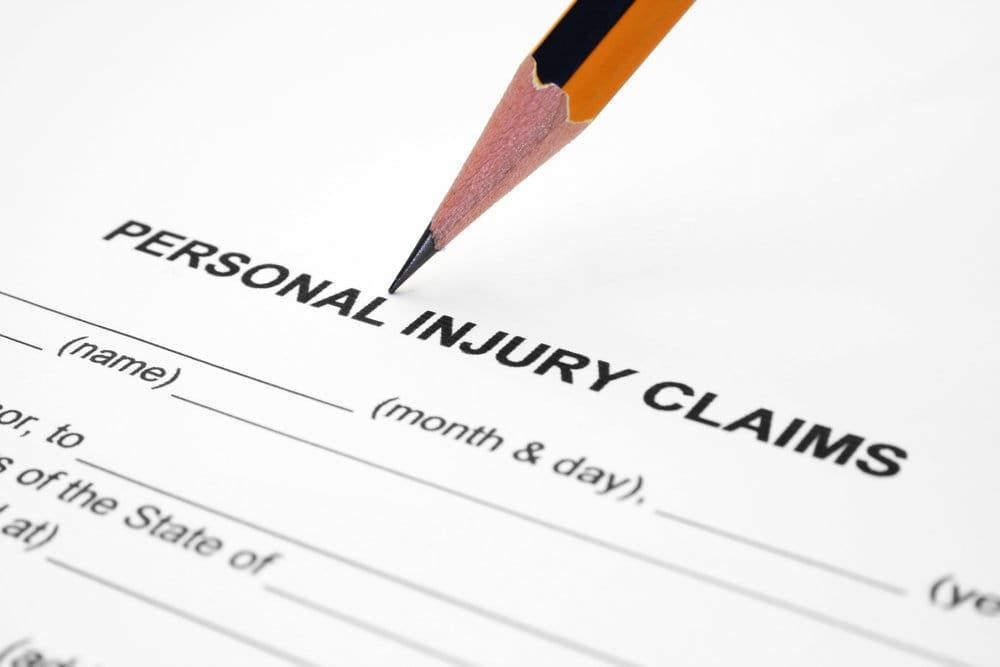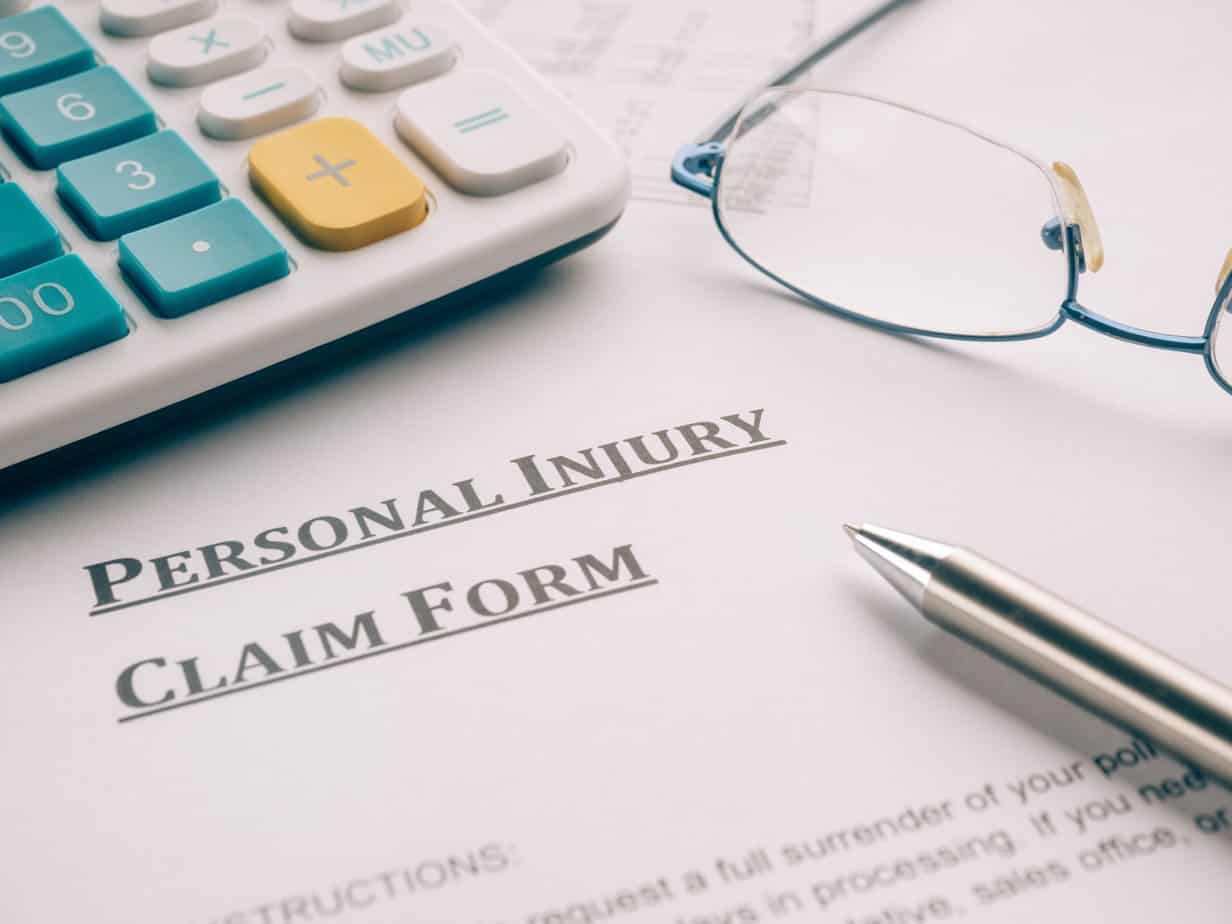Personal injury claims are a legal avenue to seek compensation when you’ve suffered harm due to someone else’s negligence. However, attempting to deceive the legal system by lying or committing fraud in a personal injury claim is a severe offense.
Personal injury claims are a crucial mechanism for individuals to seek compensation when they have been harmed due to the negligence of others. However, honesty and integrity are fundamental when pursuing these claims.
Lying or providing false information in a personal injury claim can have severe consequences, affecting not only the claimant but also the legal system and society at large.
This article explores the consequences of falsifying information in a personal injury claim, from legal repercussions to the impact on your credibility and future claims.
 Legal Consequences
Legal Consequences
Dismissal of the Claim
Lying in a personal injury claim can lead to the immediate dismissal of your case. Courts rely on the truth and accurate information to make fair judgments.
If your falsehoods are discovered, you risk losing the chance to receive compensation for your injuries and losses.
Civil Penalties
False information in a personal injury claim may result in civil penalties or fines. Courts may impose monetary sanctions on you or your attorney for attempting to deceive the legal system. This serves as a deterrent to discourage fraudulent claims.
Criminal Charges
In more serious cases where the deception amounts to fraud, you could face criminal charges. Insurance fraud is a criminal offense in many jurisdictions, which may lead to fines, probation, or even imprisonment.
It is a stark reminder of the legal consequences of dishonesty. To learn more about charges, seek help from professionals like The Terry Law Firm.
Damaged Credibility
Future Claims
If you lie in one personal injury claim, your credibility may be significantly damaged in future legal actions. This makes it harder to gain compensation for legitimate injuries or accidents, as your word may be met with skepticism.
Reputation
Providing false information in a legal context can tarnish your personal and professional reputation. It can affect how you are perceived by others, potentially straining relationships and opportunities in various aspects of your life.
Ethical and Moral Consequences
Integrity
Lying on a personal injury claim goes against the principles of honesty and integrity. It can lead to feelings of guilt and moral dilemmas, as well as impacting your sense of self-worth.
Trust
Deception in a legal case can erode trust between you and the professionals involved, including your attorney, doctors, and even friends and family members who may have been part of the case. Rebuilding this trust can be challenging and time-consuming.
Higher Costs for All
Increased Insurance Premiums
Fraudulent claims place an additional financial burden on the insurance industry. To cover the costs of fraudulent activities, insurance companies often raise premiums for all policyholders, increasing the financial strain on the general public.
Strain on Legal System
False claims divert resources and time from legitimate cases, slowing the legal process. This affects the claimant and also the court system as a whole, causing delays and inefficiencies.
How False Statements Are Detected
False statements can be detected through various methods and techniques, depending on the context and the seriousness of the situation. Detecting falsehoods is crucial in legal proceedings, investigative work, and everyday life. Here are some common methods for detecting false statements:
Inconsistencies In The Story
One of the simplest ways to detect falsehoods is by identifying inconsistencies or contradictions in the speaker’s or writer’s narrative. If the details of a story change over time or don’t align with known facts, it raises suspicion.
Body Language And Non-Verbal Cues
People often display signs of discomfort, nervousness, or defensiveness when they are not being truthful. These non-verbal cues include avoiding eye contact, fidgeting, nervous laughter, or crossing one’s arms.
Trained professionals, such as law enforcement officers or psychologists, may be skilled at interpreting these cues.
Microexpressions
Microexpressions are brief, involuntary facial expressions that reveal genuine emotions. These expressions can be difficult to control when someone is lying.
Specialized training can help individuals identify microexpressions that contradict the person’s verbal statements.
Voice Analysis
The pitch, tone, and speed of a person’s voice can change when they are lying. Voice stress analysis techniques, such as a polygraph (lie detector) test, measure physiological responses that may indicate deception.
Statement Analysis
Experts in statement analysis examine the wording and structure of a person’s statements. They look for signs of deception, such as passive voice, unnecessary details, or evasive language.
Cross-Examination In Legal Settings
In a courtroom, skilled attorneys use cross-examination to expose inconsistencies in a witness’s testimony. By asking probing questions and presenting contradictory evidence, they can cast doubt on the truthfulness of a statement.
Document Verification
False statements in written documents, such as forged signatures or altered records, can be detected through handwriting analysis, forensic document examination, and modern technology like digital forensics.
Expert Testimony
Experts in various fields, including forensic science, psychology, and finance, may provide testimony in legal cases to analyze and interpret evidence, exposing falsehoods or inconsistencies.
Background Checks And Investigation
In investigative work, background checks and research can uncover discrepancies and false information. This can include checking alibis, verifying credentials, or reviewing a person’s history.
Polygraph Examinations
Polygraph tests, commonly known as lie detector tests. It measures an individual’s physiological responses such as heart rate, blood pressure, and perspiration to assess a person’s truthfulness. However, the accuracy and reliability of polygraphs are a subject of debate.
Forensic Evidence
Physical evidence, such as DNA analysis, fingerprint comparison, or ballistics, can corroborate or contradict a person’s statements in criminal cases.
Witness And Character References
In some situations, witness statements or character references may be used to assess a person’s credibility and the likelihood of them telling the truth.
Preventing Fraud and Ensuring a Legitimate Claim
Preventing fraud and ensuring the legitimacy of personal injury claims is vital for upholding the integrity of the legal and insurance systems.
This can be achieved through the implementation of strict documentation requirements, prompt reporting and investigation, the use of independent medical examinations and expert witnesses, public awareness campaigns, collaboration with law enforcement, transparency in settlements, and the utilization of technology for fraud detection.
Moreover, a combination of education, legislation, and the involvement of anti-fraud units helps deter fraudulent activities. It protects the rights of honest claimants, maintaining the credibility of the legal and insurance processes.



